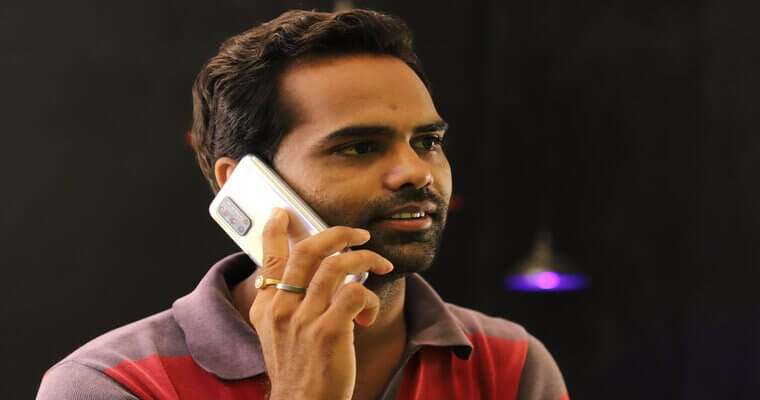By
Bob Azman
|
Date Published: January 19, 2023 - Last Updated July 12, 2023
|
Comments
 Before the end of the year, I was looking through my library of past business books and came across an oldie but goodie, The One to One Future: Building Relationships One Customer at a Time by Peppers and Rogers. Originally published in 1993, this book revolutionized marketing when it was first published.
Before the end of the year, I was looking through my library of past business books and came across an oldie but goodie, The One to One Future: Building Relationships One Customer at a Time by Peppers and Rogers. Originally published in 1993, this book revolutionized marketing when it was first published.
Considered a radical rethinking of marketing basics, this bestselling book has become today's bible for marketers. I was in direct marketing at the time this book was written and was keen on learning all I could about finding value in our customer relationships. Here are some key quotes from the book:
- “This book is not about inventing a new way of doing business that will create a paradigm shift. It is about a technology-generated discontinuity that will compel businesses to compete in a totally new way.”
- “In the 1:1 future, you will find yourself competing for business one customer at a time.”
- “A customer should also be valued not on his or her past purchases but according to his most likely future purchase and other transactions – his lifetime value to your firm.”
- “Never forget that every customer and prospective customer of yours is a human being – an organic, intelligent individual with a constantly evolving set of attitudes and opinions.”
- “Imagine a complex organization of the future able to track individual customers and their transactions.”
What thoughts come to mind as you read these passages from the book? Granted this book was written with a marketing bent and some of the discussions are outdated. But fundamentally, isn’t customer experience about building customer relationships one customer at a time? Isn’t this the foundation of a CRM strategy? Don’t we feel more valued when we interact with an organization that knows who we are and values what we spend with them?
What role can your customer service organization play in helping to support the construction of strong customer relationships? Here are some ideas:
Your customer service representatives are often the personification of your brand.
As the face of your brand, they need the authority and responsibility to address and resolve customer inquiries the first time, every time. Start hiring representatives with the skills and abilities to manage contacts independently and resolve customer inquiries quickly. If you do, I promise you, they will spend your organization’s money as if it were their own.
BOTs, IVRs and AI might be glitzy, but they rarely build strong relationships.
Do you really want the first impression of your brand to be a BOT that doesn’t understand the meaning behind your customer’s question? Do you want your customer jumping through hoops early in the relationship with you just to obtain a simple answer? Use technology wisely and appropriately, but always focus on the customer experience first and not on saving money by using technology.
Use caution when outsourcing your core competency.
If the core of your business is exceptional customer service, then outsourcing to a third party can be financially beneficial but detrimental to your customer relationships. It’s imperative you ensure that the 3PP you use is aligned culturally to your brand and is hiring representatives that match the profile of what your customers expect.
Provide varying levels of service especially to high value customers.
Before you do this, however, you must deliver the basics flawlessly to all your customers. Only then can you hope to be successful in providing segmented service based on customer value. That, in turn, allows you to create more effective personal relationships.
It doesn’t matter…B2C or B2B.
We are all customers. The constant debate about the differences in B2C or B2B are fruitless. Our intent should be to create profitable, personal relationships with all of our customers. Customers want to be treated as if they are the one and only customer. Our job is to deliver on that expectation.
Forget about the pandemic.
It’s been nearly three years since the pandemic began. Customers have lost their patience for organizations that use the pandemic as an excuse for why there are long hold times or why orders can’t ship quickly. Quit promoting your products and services if these fundamental processes cannot be executed. Perpetuating your lack of ability to exceed customer expectations drives customers further from your organization.
Employees are customers, too.
Treat your employees as if they were your customers. Employees want to be known and valued just like your customers. Employees want to be helped and supported just like your customers. Employees want to be appreciated for their commitment to your organization, just like your customers.
These suggestions, along with many others, can help create a one-to-one relationship with your customers, even if they number in the tens of thousands. It will differentiate your organization from others and create lasting value for both you and your customers.